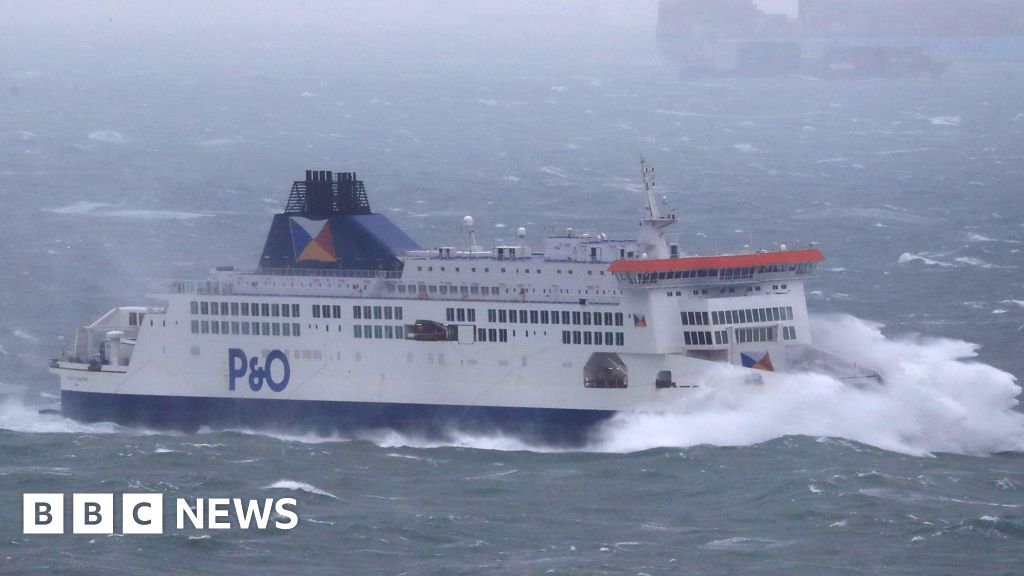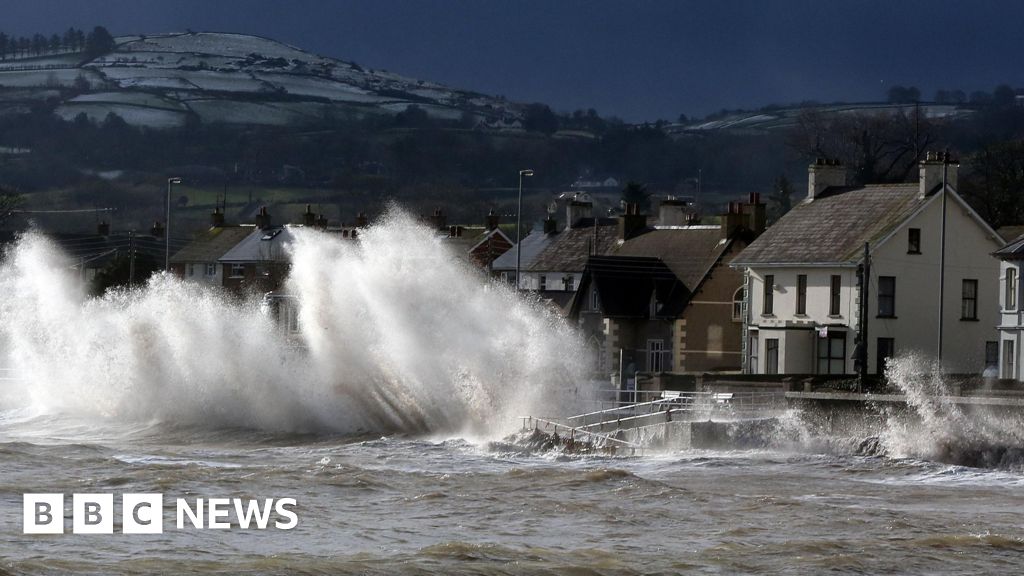Infra
New rail lines eyed in £31bn Republic and Northern Ireland vision | New Civil Engineer

The creation of a new railway line from Belfast to Derry/Londonderry via Portadown is included as a proposal in a report on improving rail across the Republic of Ireland and Northern Ireland.
The All-Island Vision for a New Age of Rail backed by both Ireland’s Department of Transport and Northern Ireland’s Department for Infrastructure, has made 32 recommendations for railways across the island, to be carried out by 2050.
Arup was delivery partner for the project, which has been ongoing since 2021 and published its final report this month.
Its recommendations seek to transform the quality of the rail through new lines, additional track capacity, electrification, increased speeds and higher service frequencies.
The report calls for the reinstatement of the Western Rail Corridor railway between Claremorris and Athenry and the South Wexford Railway, as well as railway extensions into Tyrone, Derry/Londonderry and Donegal.
Upgrades should be carried out to the cross-country rail network, turning it into a dual-track railway, and four-track in places, as well as increasing service frequencies, it adds.
The review also says the core intercity railway network should be upgraded so trains can run at top speeds of 200km/h.
Arup’s rail leader for Ireland Peter Adams said: “Drawing upon our years of experience in both jurisdictions, we harnessed our collective expertise to conduct an extensive analysis of the rail network.”
Aims of the vision:
- A net carbon zero rail system, primarily through the overhead electrification of intercity routes and new electric trains;
- Greater reach – the rail network route length would increase from circa 2,300km to almost 3,000km with the reopening of former and new rail lines;
- Higher frequency train services running at least hourly between cities and at least every two hours on rural routes;
- Wider access – facilitated by new routes in the North Midlands and North West, 700,000 more people would live within 5km of a railway station;
- A near trebling of the number of people using the railways annually from circa 65 million to over 180 million by 2050.
None of its recommendations have been adopted as official policy by the respective administrations and each would need to be brought forward with their own detailed evaluation before proceeding.
Arup estimates that the capital cost of implementing all recommendations by 2050 would cost €35bn-€37bn (£29bn-£31bn) in 2023 prices. It said that the benefits to society would make the investments value for money.
Costs would be split 75:25 between the Republic and the North.
Ireland’s minister for transport Eamon Ryan said: “Rail not only allows us to carry more people and freight in a more sustainable way, it is the great connector, enabling greater regional accessibility and balanced regional development.
“The report provides a long-term vision and a series of recommendations for the sustainable development of the rail network on the island. I would like to see the recommendations actioned as soon as possible, and I am pleased that work is now well underway, with European Investment Bank assistance, on how we can move forward.”
Other rail expansions could include connecting Dublin, Belfast and Shannon airports to the railway system, and increase links to seaports.
Northern Ireland minister for infrastructure John O’Dowd added: “This publication brings us to a new chapter where we can shape a better future for everyone by decarbonising key services and investing in climate adaptation measures, while at the same time supporting economic productivity through projects, policy and legislation.
“Getting infrastructure right, and investing in it accordingly, can create the foundations for better rural and urban communities.”
Some have expressed scepticism about whether the recommendations are affordable, however.
Social Labour and Democratic Labour Party (SDLP) infrastructure spokesman Mark H Durkan said: “Like everything in the North these exciting plans will be jeopardised by the perilous state of our public finances.
“Given the struggles that the Department for Infrastructure are having in delivering existing projects and the slippage we’ve already seen on the Derry-Coleraine rail improvement scheme, it is hard to see them delivering something on this scale.”
The SDLP helped start the review when it was part of the coalition running the Northern Ireland Executive from 2017-2022.
Durkan called for “everything possible” to be done to realise the vision.
Like what you’ve read? To receive New Civil Engineer’s daily and weekly newsletters click here.









